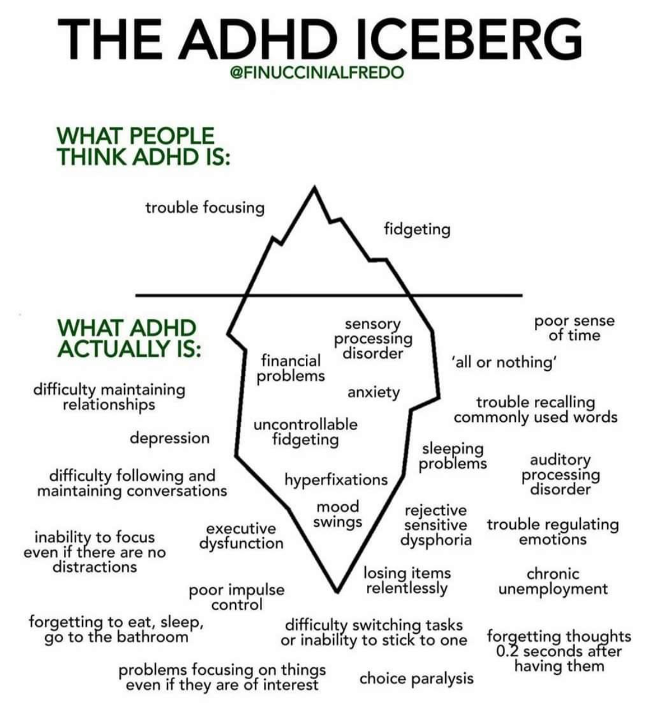Author: Mona Klausing
Over the past several years I have worked with a number of women of color experiencing symptoms related to Attention-Deficit Hyperactivity Disorder (ADHD). A common misconception is that ADHD is primarily diagnosed in children (usually boys) who are disruptive, “dysregulated” or hyperactive at home and in the classroom. However, many clients experiencing difficulties with attention and organizational / executive functioning skills were never diagnosed as children, but continue to struggle with these issues into adulthood.
In the DSM-5 (a manual that behavioral health providers use to classify mental health diagnoses) ADHD is currently broken down into three types:
- Predominantly Hyperactive – Impulsive Presentation
- Predominantly Inattentive Presentation
- Combo Presentation
Many of the women who’ve consulted with me over the years, often from immigrant families, were quiet, well-behaved, high-performing students with good grades, who had to work quite diligently to be successful in their home and school contexts. However, though many are creative, intelligent, and in happy relationships and careers, they sometimes struggle with organization, self-esteem, forgetfulness, or just not thriving in the ways that society expects them to.

In my research to find out more about how ADHD can affect adults, and women in particular, I came across this graphic that some of my clients have found useful. I do not know the author or the underlying research that supported this diagram. However, for some clients it’s been greatly validating to see their struggles acknowledged and to recognize that ADHD can affect their well-being in various domains of their lives — from careers to relationships.
There is no one-size-fits-all approach to working with clients living with ADHD. Some clients may choose to get a psychological evaluation to better understand their “Learning Profile”. I personally think this can provide wonderful insight to clients, particularly those that have many years of school / education ahead of them (like high school and college students). Others may opt to take medication, although the stimulants used to treat ADHD symptoms can have other side effects like insomnia and loss of appetite. Others may seek therapy, hire an ADHD coach, or some combination of all of the above. I firmly believe that women with ADHD can live happy and fulfilling lives with the right support system and resources. A few places to gain more insight are:
© 2021 MonaKlausing.com



